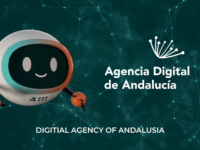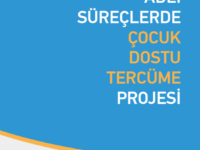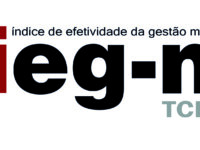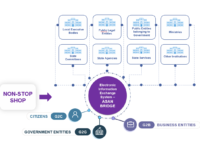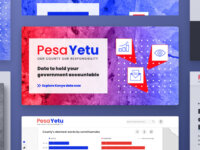The provision of European funding for economic recovery after the pandemic favored the provision of significant aid to citizens that needed to be managed quickly to ensure financial sustainability. Previously, this was done manually, which caused difficulties in resolving them in due time and form. For this reason, the aid robotization process was implemented to speed up the procedures, releasing administrative burdens and responding to citizens' requests in an agile and efficient way.
Innovation Tag: Public Service Delivery
myDYPAlive is a communication channel via which DYPA employment counsellors offer consulting services to jobseekers and businesses via teleconference. It was developed in the midst of the pandemic in order to serve jobseekers and employers who could not visit the local PES services in person due to coronavirus restrictions. myDYPAlive offers interpretation in selected languages and sign language/lip reading.
The project is aimed to prevent the loss of the rights of refugee children in Türkiye due to language and translation difficulties in judicial processes. Children involved in judicial processes, translators, judges-prosecutors and other auxiliary judicial staff have benefited very much from the project. For the first time, the capacity of translators has been strengthened and the secondary trauma risks of children have been mimized.
The AJSC has developed a new model to measure the determinants of the ‘quality of life’ in Ajman, covering six key areas of public service. The Model comprises a comprehensive factor measurement framework embedded on a sophisticated web-based application, with inbuilt protocols for scientific data collection, project management, data visualization and reporting. It systematically measures gaps and impact of interventions, via targeted performance assessment of framework factors.
The reason for creation was to improve inspection models of external control, which were based mainly on legality and conformity. IEG-M index is an instrument for measuring public area effectiveness, as it analyses the inputs, resources and processes of the local administration, evaluating its policies and activities. There are many finalistic results indexes, but none of them deals with the evaluation of processes to analyse the application of public money that impacts local communities.
Plastics used in ships are occasionally dumped at ocean, or even if they are collected at ports, all of them are incinerated. YGPA crack down on plastic dumping at ocean and collect waste plastics from ships. And the plastics are processed into recycled polyester yarn. Since this yarn is made of ocean bound plastic, apparel makers rush to buy the yarn and make clothes with it. Through this project, we protect the environment and create added values and jobs in the process of recycling plastics.
The E-Gov Development Center has developed a new information exchange tool named ASAN Bridge in order to enable government organizations to transfer the necessary data to each other in more stable, secure and prompt ways. Through the assistance of this system, the key development challenge in the country was addressed by simply enhancing the safety and efficiency of the procedures and serving citizens better.
Over 3 million citizens annually visited government offices in Delhi for various transport services. To reduce interference of middleman, application pendency and physical exposure in view of ongoing Covid-19 pandemic, faceless services have been launched to offer transport services to citizens at the comfort of their home. Using AI, e-sign, biometric-based authentication and institutional restructuring, faceless services provide hassle-free contactless services to citizens.
In Kenya, it remains difficult for both watchdogs and citizens to understand how financial resources are utilised since it decentralised services from national to county-level governments in 2013.
PesaYetu is a data visualisation website designed to easily explore, interpret and report on budget-driven stories affecting counties. The primary audience is researchers and journalists who want to empower citizens at the county level to engage their leaders on issues concerning policy and governance
Case Study
The Happiness Curriculum: Inculcating mindfulness and social and emotional learning amongst students…
The Happiness Curriculum (HC) is the first systemic step towards holistic development of all learners under the formal education set up. Launched in 2018 by his holiness Dalai Lama, this is the first time in the world, that there is a curriculum that focusses on inculcating mindfulness and social emotional learning as a practice every day at such a big scale. It is being implemented with more than 800,000 students from kindergarten through Grade 8 across more than 1000 Delhi government schools.

